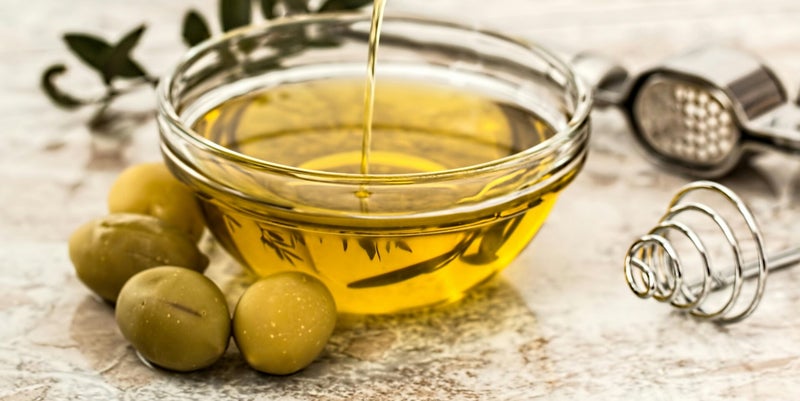
A recent publication in Cell Reports, highlighted by Medical Xpress, challenges our perception of olive oil by suggesting that excessive intake of oleic acid—the primary monounsaturated fat in olive oil—may stimulate the growth of new fat cells, increasing the body's capacity to store lipids.
Led by Dr. Michael Rudolph from the University of Oklahoma, with contributions from Yale University and NYU School of Medicine, the study analyzed the effects of various fats—coconut, peanut, milk, lard, soybean, and olive oil-based oleic acid—in controlled diets fed to mice. Remarkably, only the oleic acid-rich diet triggered a significant increase in preadipocyte proliferation, the precursors to mature fat cells, often referred to as the body's 'fat-cell soldiers'.
On a molecular level, oleic acid activated the AKT2 signaling pathway, which promotes cellular growth, and inhibited LXR, a protein that normally suppresses adipogenesis. This biological shift resulted in more fat cell precursors and mature adipocytes, effectively expanding the body’s fat storage capacity.
These findings have significant health implications. An increased number of fat cells equates to enhanced lipid storage, potentially contributing to obesity and elevating the risk for cardiovascular disease and type 2 diabetes. The study does not advocate eliminating olive oil—it remains a source of salutary nutrients and antioxidants—but it does emphasize the need for moderation and dietary diversity.
Excessive consumption becomes particularly concerning in ultra-processed foods where oleic acid levels are high. The researchers recommend balancing olive oil with other types of dietary fats and caution individuals with cardiovascular risk to avoid diets dominated by a single fat source.
In essence, this study reinforces a crucial message of modern nutrition: even foods deemed healthy have consumption limits. Olive oil continues to be a valuable asset in a sustained healthy diet—but excess can transform it into a liability. The key lies in variety, balance, and mindful intake.
Sources: Cell Reports


Create Your Own Website With Webador